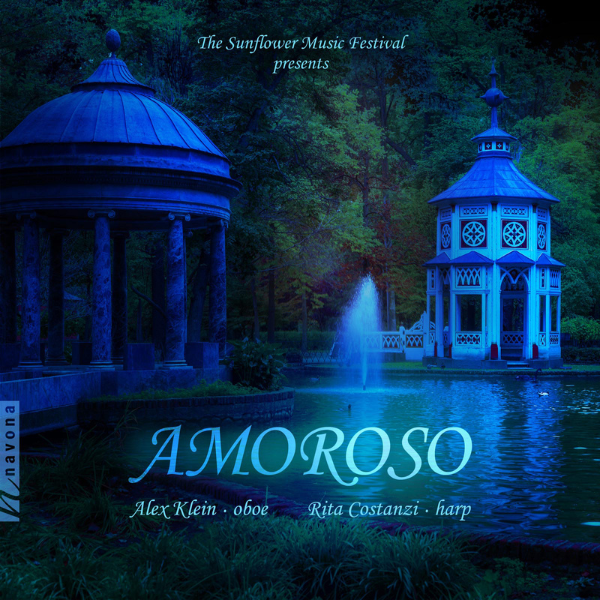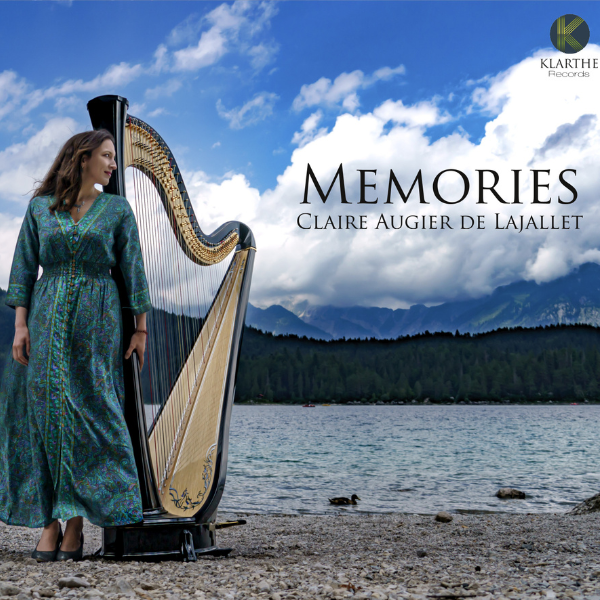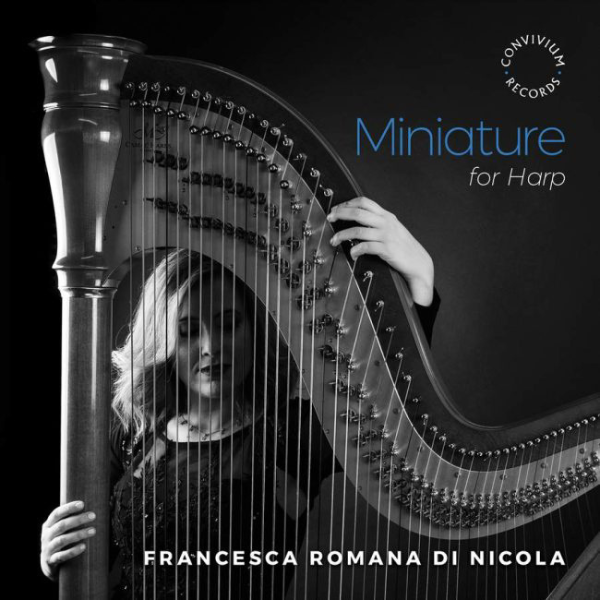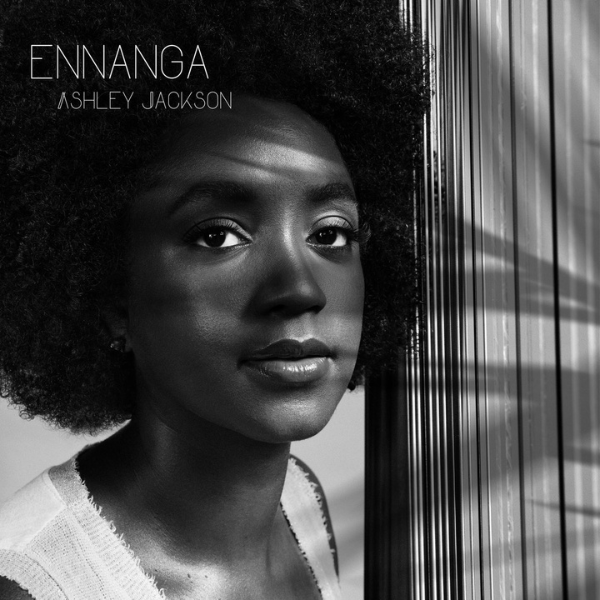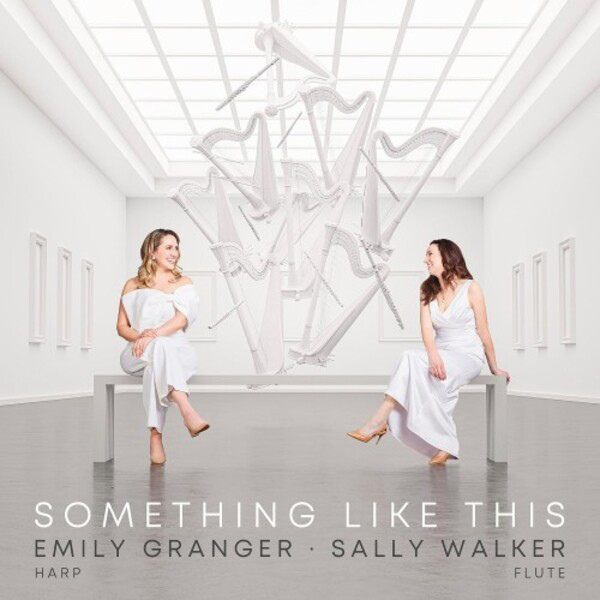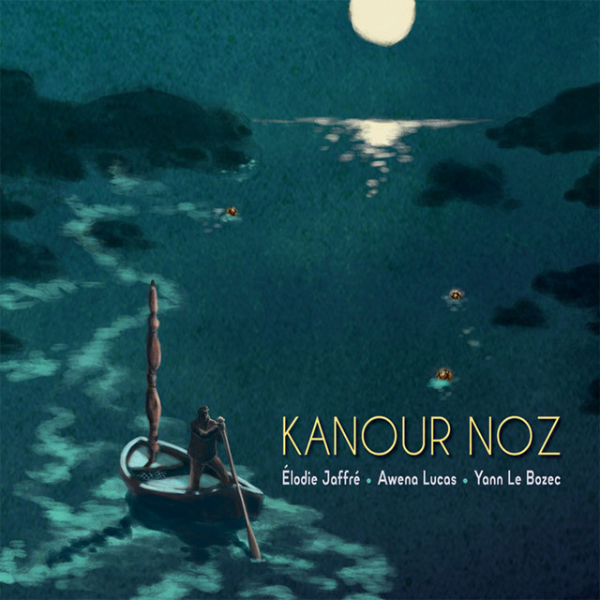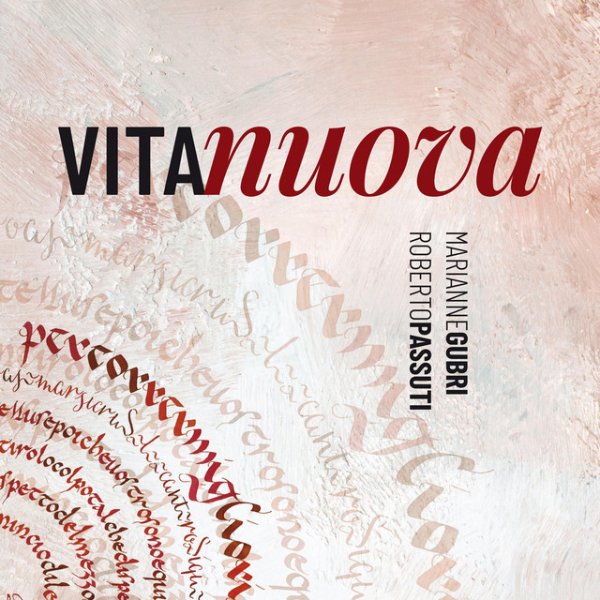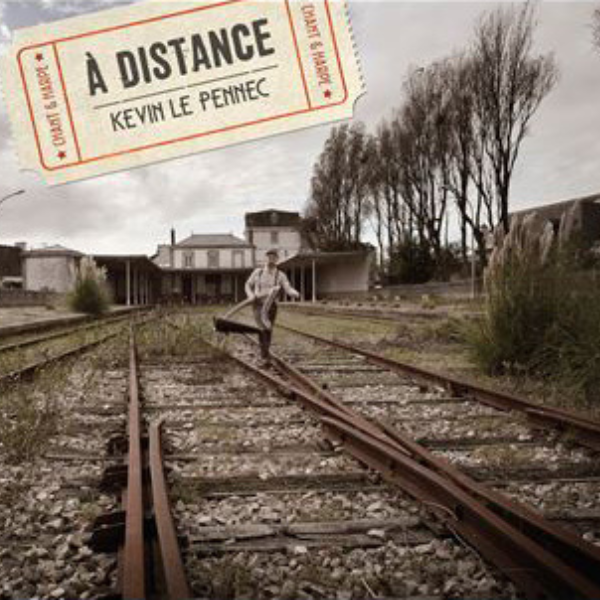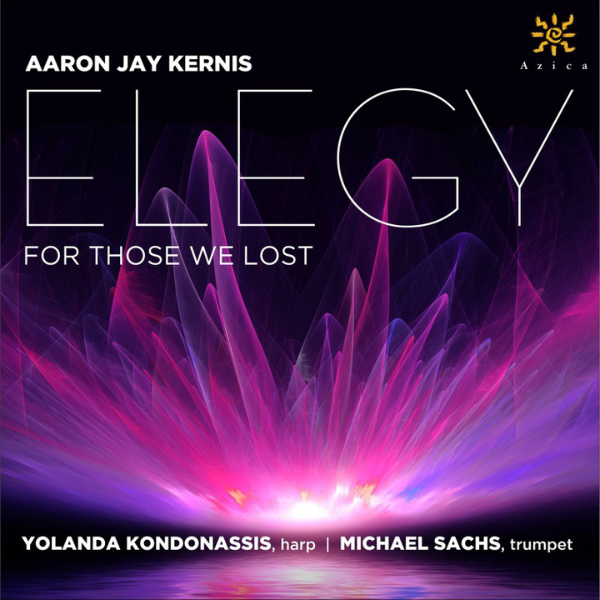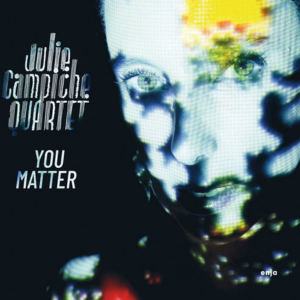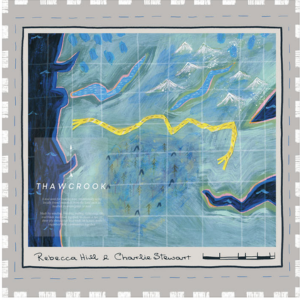
9/10
Elisabeth Plank, harp. Genuin, 2022.
Who is the muse? The dictionary defines her as “a source of inspiration; a guiding genius.” She may be the dedicatee, yet she’s incidental to the creation. Nothing much is known about her vibrant life and influence, which quickly falls into oblivion after she serves her purpose.
Elisabeth Plank has set out to change that in her latest recording, Musings. Fascinated by these women, she maintains that understanding their lives is essential to understanding the music.
Beginning with a song-like miniature by Gabriel Fauré, Une Châtelaine en sa tour, the title itself captures the sweet, yet flirtatious innocence of the older composer’s relationship with his harpist muse, Micheline Kahn. Plank offers up a gauzy daydream asserting the youthful beauty, talent, and charisma that so charmed Fauré, one that’s three-dimensional under her hands, as if asking the question, “What if?”
And that’s exactly Plank’s intention—to not assume anything, but to consider possibilities. For instance, legend has it that the brilliantly talented harpist Anne-Marie Krumpholtz ran off with the equally brilliant Jan Ladislav Dussek, causing her husband to throw himself into the Seine in despair. The story is not proven, and yet, one can only imagine the composer’s infatuation with a musician of such skill.He dedicated his technically sophisticated and expressive Sonata III to her, and we hear it performed with an equal amount of grace and panache.
Most satisfying is harpist Alfred Zamara’s Romance, dedicated to his dear wifeand presented in its world premiere. Plank is a Viennese harpist playing another Viennese harpist’s music, and embodies the soul of this swooning idyll, never overplaying and holding back just so, to make the passion last.
Also in its world premiere is a virtuosic Grande Fantaisie—Scenes from my Youth by Elias Parish Alvars. Lovely and substantial, the main theme “God Save the Queen” emerges in a minor key, Plank deftly managing the quick changes in mood, technical demands, and thoughtful phrasing. Alvars’ wife, Melanie Lewy, rescued the score after her husband’s untimely death—and along with Elisabeth Plank’s astuteness and stunningly vivid performance—this glorious piece has finally been given the recording it deserves. Not quite as savory is a tale about Louis Spohr’s harpist wife, Dorette Scheidler, who he wrote about often in his diaries as suffering from stage fright. Nonetheless, his Variations sur l’air “Je suis encore dans mon printemps” boasts a muse of the highest technical and musical ability.
Three short pieces by Prokofiev written for his classmate, the harpist Eleonora Damskaya—Prelude Op. 12, Piece and Pittoresco—offer up a more contemplative character. Plank sets the tone of a flirtation that is less sensual and more playfully and sometimes bitingly teasing with brooding undertones as if the composer wondered where this youthful romance might go, if anywhere at all.
And that’s precisely what happened in Englebert Humperdinck’s affair with “a spirited young woman,” harpist Brunhilde Böhner. Their letters are filled with tender declarations of love, and Plank’s performance of Nachstück, one of only a handful of works from the German Romantics, reads like a gentle yet captivating caress. Followed by Plank’s fragile and tender arrangement of the Adagietto from Mahler’s Fifth Symphony, the circle of longing—and anguish—is complete.





